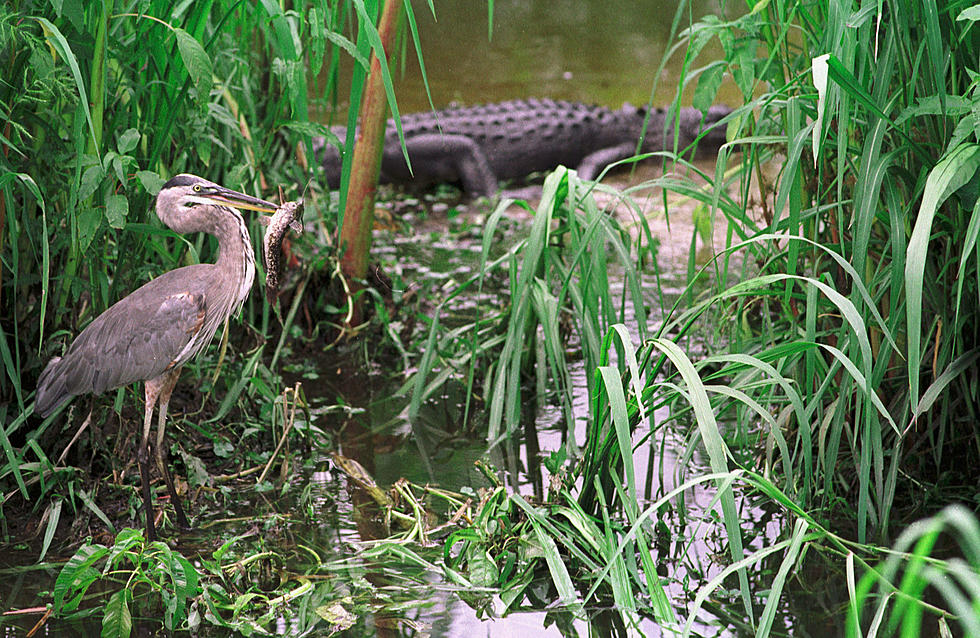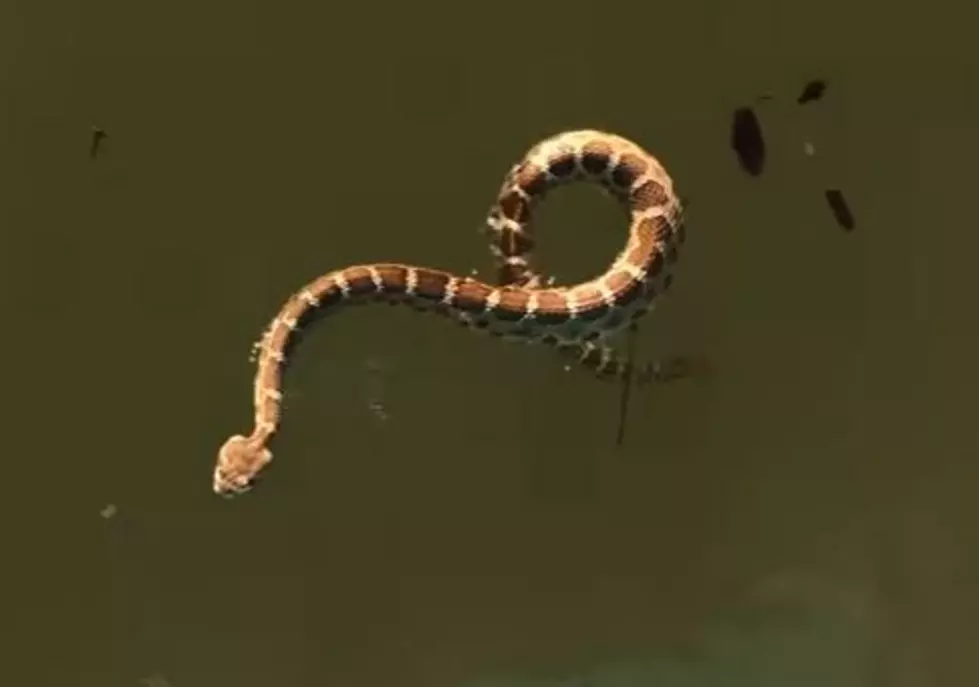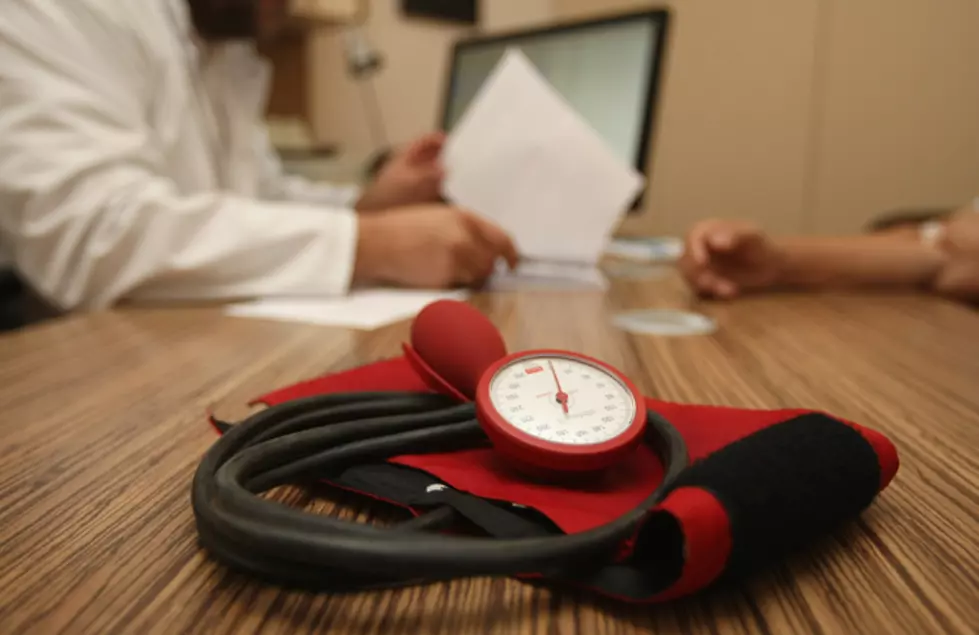
Could the Next Medical Break-Thru Be Alligator Blood?
Dr. Mark Merchant, professor of biochemistry at McNeese knows alligators. His knowledge of these creatures is not restricted to a strictly clinical application. Dr. Merchant believes that the blood of these reptiles may hold the key to some very important antibiotics that could help cure or even prevent certain ailments.
Our good friend, Lee Peck, of KPLC fame conducted an interesting interview with Dr. Merchant and Lee was kind enough to share the information with us.
Merchant said his interest with gators began at an early age.
"I grew up in the marshes of Southwest Louisiana and Southeast Texas hunting and fishing and I am still in the marsh a lot pursuing those activities. I've been around alligators most of my life," Merchant said.
One of the factors that leads Dr. Merchant to this conclusion was the fact that alligators basically live in a giant petri dish. Now, logic would say that, if you are injured and sloshing through a swamp, you would be subject to a myriad of bacterial infections. Somehow, the alligator seems to be impervious to the onslaught of possible infections.
According to Dr. Merchant:
"Alligators and crocodiles are very territorial and they fight and at times, inflict great injury on one another but the fact is it seems they heal rather rapidly despite the fact they live in an environment where there are lots of potentially infectious microbes such as bacteria and fungi and things that can infect these massive wounds," Merchant said.
When his research began 11 years ago, Merchant was able to prove the blood of alligators could kill pathogens. Since then, he has learned more how alligator blood kills bacteria, fungi and viruses, specifically white blood cells.
Merchant adds that, over the past few years, they have discovered that white blood cells from alligators and other crocodilians make peptides that have tremendous antibacterial and antifungal activity. Merchant says that, through on- going research, scientist hope to determine the exact structure of those peptides. The cracking of that cold could lead to a whole new class of antibiotics for human and veterinary use.
Most of the studies have been funded by grants from National Geographic, the state of Louisiana, and the National Science Foundation.
Once again, many thanks to KPLC and Lee Peck for sharing this story with us! Great job, Lee!
More From 92.9 The Lake




![Huge Alligator Easily Bends Metal Fence and Climbs Through [Watch]](http://townsquare.media/site/33/files/2023/03/attachment-YouTube-Via-The-Sun-Alligator-Bends-Bars-On-Fence-Florida.jpg?w=980&q=75)

![Alligator Crawls Out of Storm Drain, Yards Away From Kids Getting Off School Bus [Video]](http://townsquare.media/site/33/files/2021/10/attachment-WBRC-FOX6-News.jpg?w=980&q=75)


